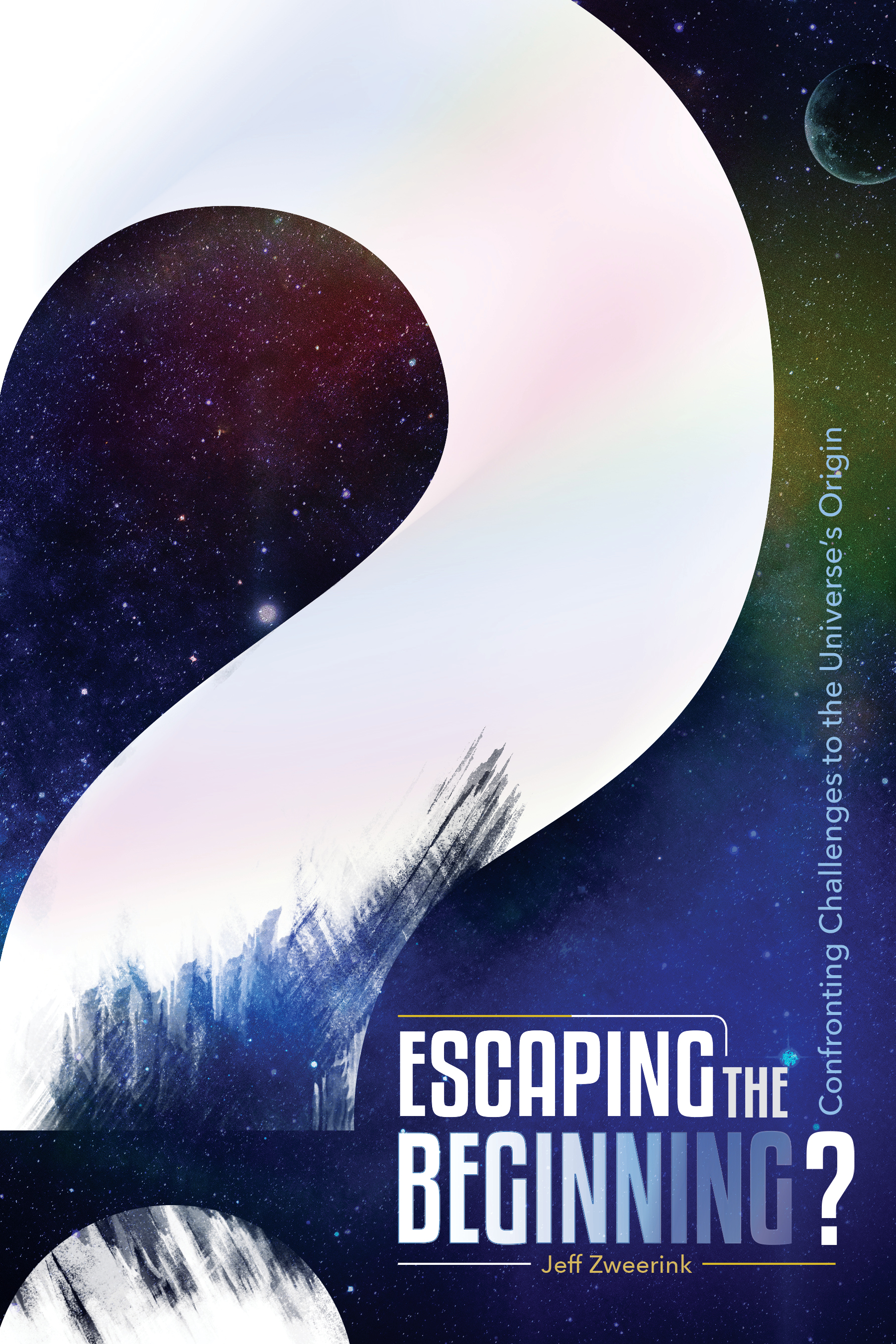I recently finished reading the new book, Escaping the Beginning?, by Jeff Zweerink, and found it to be a very good overview of the state of modern cosmology. More importantly, it delves into the philosophical underpinnings and possible motivations behind theoretical models concerning the origin of our universe. Zweerink is a high-energy research physicist and also a research scholar and speaker for the science-faith thinktank, Reasons to Believe, so he is highly qualified to tackle the philosophical, scientific, and religious questions raised about whether or not the universe had an actual beginning, and the implications thereof. He is also the author of another interesting book, Who's Afraid of the Multiverse?
As someone with a physics background, I appreciated the discussion of the various cosmological models developed over the last couple of centuries. While some of the information may stretch the non-technical reader, the author is able to clearly articulate and summarize the findings, and then address the implications for a beginning. Some of the topics covered include: the various kinds of Multiverse theories, definitions of time, the size and curvature of the universe, quantum gravity theories, string theory, and a universe from "nothing". Throughout the book, the various philosophical motivations and religious implications are considered. For instance, he shows that Multiverse theories were not developed simply to avoid a beginning, but rather have a sound theoretical basis, even it they are not necessarily verifiable. However, he does point out that there are philosophical and religious reasons that these proposals have been embraced or rejected by some.
While I understand that it is a mentally hard topic, I found the section on how we define time to be interesting, even if it just scratched the surface of the subject matter. The concept of time is fundamental to understanding causality and basic laws of physics, such as the 2nd Law of Thermodynamics (entropy). While we can write physics equations using a time parameter (say t), letting us vary the values corresponding to the past and future, does that describe what is really happening as our perception of time moves forward? It bends the mind to think that General Relativity actually ties time and space together as separate dimensions of a unified whole. Given various theories of time, one wonders "Does the past, present, and future actually exist or is the past gone and future events not here yet?" or "Why does time only move forward, or is this just an illusion?" The book considers questions like this and even the implications of the various theories on the meaning of a beginning.
Ultimately Zweerink concludes that it appears that the best theoretical models and experimental observations lean toward a universe (or Multiverse) with an actual beginning, compatible with the biblical claim that the universe had a beginning and a Beginner. While there are several theoretical models that could possibly be interpreted as having no beginning, any experimental validation of these is either far beyond our current scientific capabilities, or may even be untestable in principle. He concludes, "That remains a reasonable and defensible position today, and my bet is that quantum gravity approaches will ultimately reveal evidence for a universe with a genuine beginning." So, at least for the foreseeable future, there is no sure escape from the Beginning!

